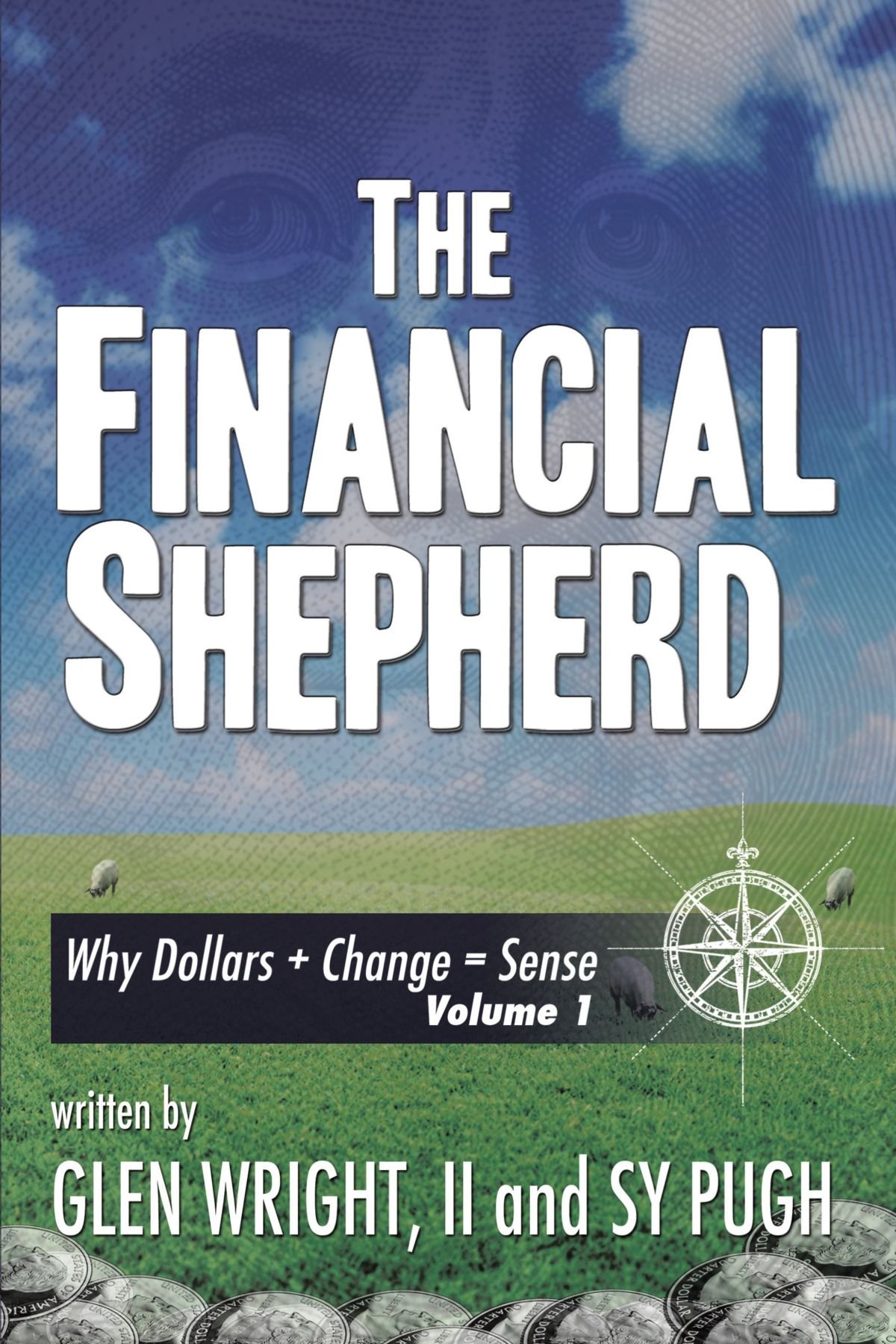Excerpt Adapted From: The Financial Shepherd-
Why Dollars + Change = Sense by Glen Wright and Sy Pugh
Estate planning is not just for the rich and famous. If you do not have a will (a document expressing how you wish your assets to be distributed upon your death), you are basically asking for trouble and essentially begging the government (of the state you live in) to give away your stuff as they see fit – regardless of your dying wishes.
Not only do we recommend preparing a will, but advise that you consider developing a trust also, which is a prepared document that privately dictates how you’d like your assets to be distributed while you’re alive and upon your death. The process for creating a Revocable Living Trust involves an attorney who prepares a trust agreement (also called a declaration of trust) which is signed by the settlor and the trustee; and then the settlor transfers property to the trustee to be held for the beneficiary named in the trust document.
A trust is classified as a “living” trust when it is established during the settlor’s lifetime and as a “revocable” trust when the settlor has reserved the right to amend or revoke the trust during his or her lifetime. The primary reason for this procedure is because you ALWAYS want to avoid the estate going to probate (high attorney costs, delays, unwanted publicity, court costs, etc). This type of trust does that. Other benefits include the ability to manage funds for heirs for a specified period of time—or until they reach a certain age or level of maturity—and to prevent reckless or irresponsible spending which might put the assets in jeopardy. If the person setting up the estate becomes incapacitated, the trust has built-in provisions for a successor trustee to oversee management of the estate.
While most wills and trusts are future-focused, something few people think about in estate planning is if a parent who is still living becomes the “child” through illness, injury, or disease. In that situation, the child taking over management of the parent’s affairs must oversee decisions in the areas of Finances, Medical Care, Benefits, and Key Documents (e.g. health care directives, durable power of attorney, trust documents, living wills, etc.)
If an individual becomes incapacitated and is no longer able to care for him/herself, another trusted individual will need to step in to handle affairs on their behalf. When considering the steps to take to ensure a smooth transition, the following documents should be drawn up to be executed if necessary:
Durable Power of Attorney – a written document (not just a verbal agreement or acknowledgment) by which the principal person allows another person (agent, attorney-in-fact, proxy) to act on his/her behalf. The appointee has the power to make key household and financial determinations.
Durable Power of Attorney for Health Care – a written document (not just a verbal agreement or acknowledgment) by which the principal person allows another person (agent, attorney-in-fact, proxy) to act on his/her behalf regarding health care and medical treatment issues.
Living Will – this document is also known as a “Directive to Physicians” and provides information regarding the types of medical procedures or treatments to be administered or withheld.
It is a very good and worthwhile investment of your time to put in place documents, plans, and procedures to protect your assets from strangers (probate), Uncle Sam (taxes), and time (inflation). In this, the Information and Technology Age, there is no excuse not to have your affairs in order.
The preference for establishing and maintaining up-to-date estate planning documents such as trusts and wills is to have them prepared and reviewed by an attorney. However, there are many other places to get wills and trusts. You can purchase and download software that feature fill-in-the-blank will and trust templates for as little as $20.
Though you might be tempted to spend $20 on software rather than $500 with an attorney, remember that you get what you pay for. Working with a professional who specializes in estate planning will offer ease of process and peace of mind. You don’t want to squander away your children’s and grandchildren’s inheritance because you were too cheap to let a professional protect the assets you worked your entire life to acquire. In the end, it’s worth it to make sure you get the best results, take advantage of the most tax breaks, and provide an inheritance for your loved ones. Additionally, over the course of time as your assets increase, a simple online template may not adequately address your financial planning needs. More valuable accounts, legislative and regulatory policy updates, changes in family structure, or other events may require you to update your will or trust. Utilizing the same person and/or firm can help minimize costs and ensure a seamless process.
The objective of Hope for the Best, Plan for the Worst is to help you prepare for anything and everything that might arise to derail your life-long efforts to build a good, quality life for you and your family. The priority of all retirement planning, insurance policies, and estate planning is to make sure that you never outlive your money.






